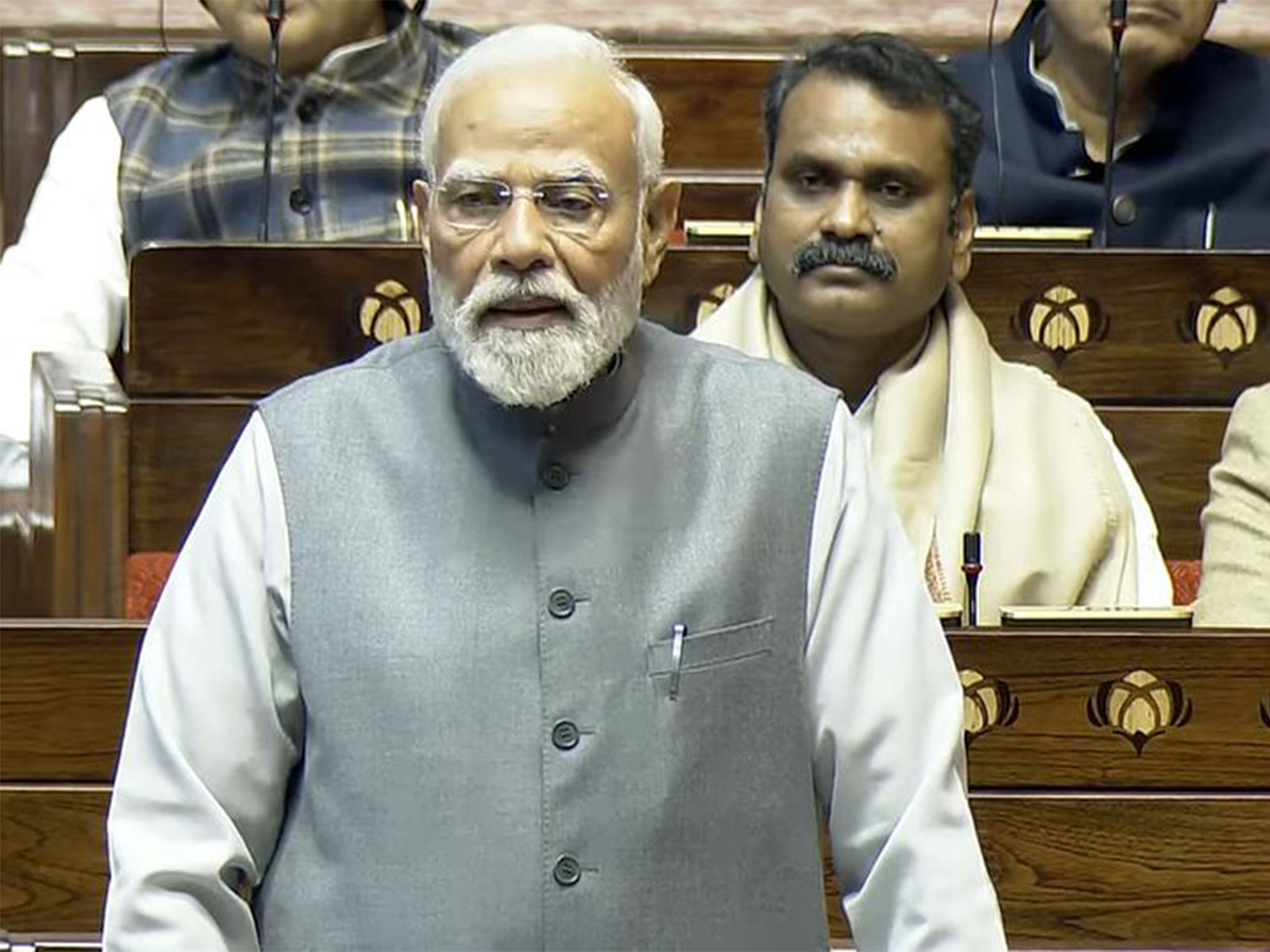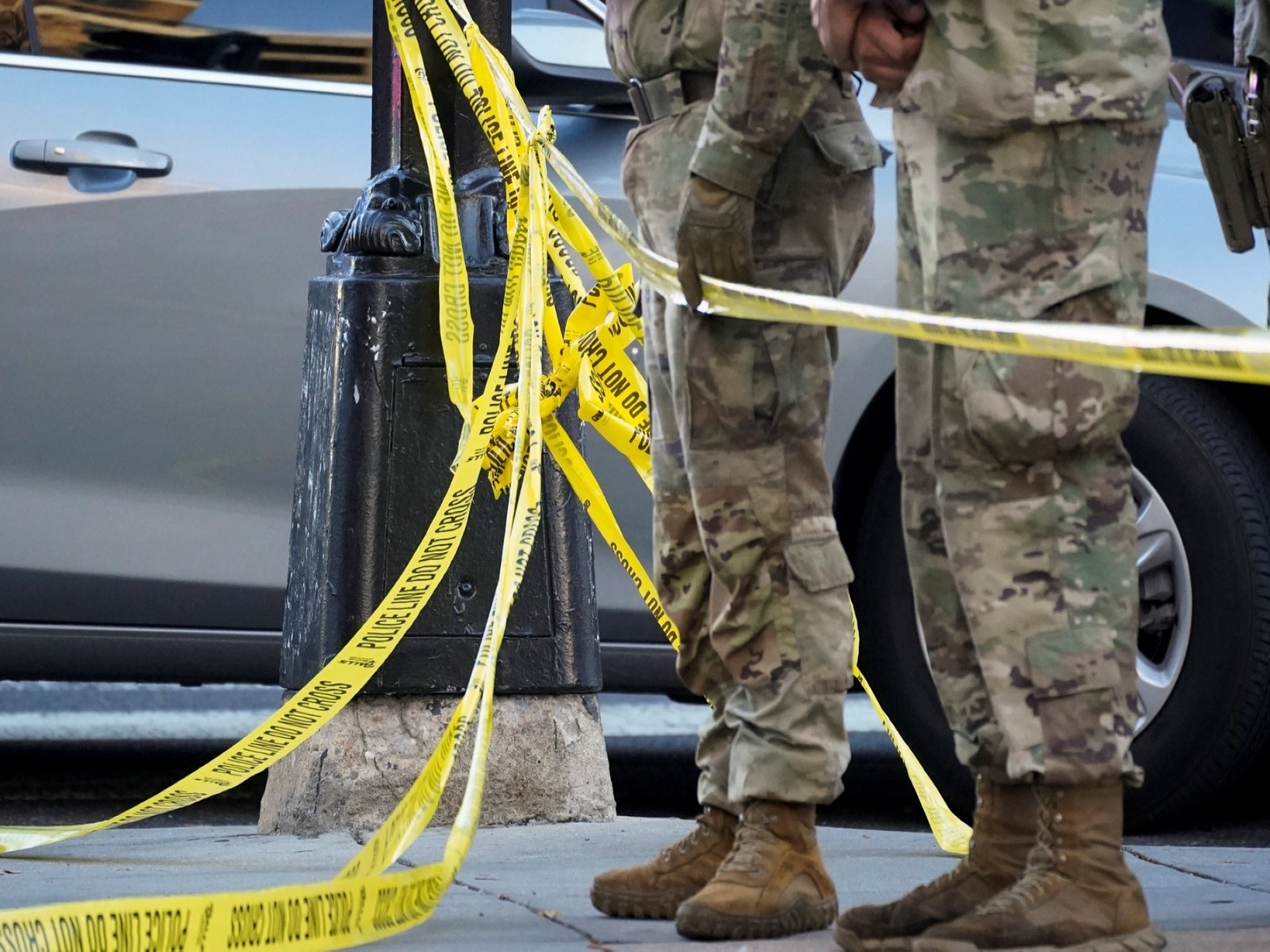Why ABVP swept the Delhi University Students Union polls

Result of the Delhi University Student Union elections, it's believed, reflect the popularity of national parties.
By this reasoning, the BJP was the clear winner Saturday. The party's student wing, ABVP, swept all four posts on offer, in a repeat of last year's performance.
Satender Awana defeated Pradeep Vijayran of the Congress' NSUI by over 6,000 votes to become president. Sunny Dedha was elected vice president, Anjali Rana secretary and Chhattarpal Yadav joint secretary.
NSUI's candidates finished second on all four posts, while the Aam Aadmi Party's student wing, the Chhatra Yuva Sangharsh Samiti, came in third.
The polls were held Friday and witnessed a turnout of 43.3% turnout, slightly less than last year's 44%.
Winning strategy
Pundits put ABVP's sweep down to its taking a stand on critical issues such as the choice based credit system. ABVP leaders agree, but hasten to add that they engaged with the students more than any other contestant.
"We focused on realistic and simple issues of water supply, shortage of hostel rooms, quality and pricing of canteen food. And we constantly engaged with the students over these issues" says Raju Rawat, the outgoing joint secretary.
Now that it has won, the ABVP "will focus on the dealing with the students' problems, including the choice based credit system," says Ajay Thakur, the outfit's organising state secretary. "We will make sure there's no grey area in the implementation of CBCS."
On the other hand, the poor showing of the CYSS has come as a surprise. It was expected to ride the wave of AAP's crushing victory in Delhi early this year to at least finish runner-up.
Critics say the CYSS failed because, unlike AAP, it couldn't project itself as a credible alternative. "It came with old faces, those who did not get a ticket from NSUI or ABVP. The students couldn't see how the CYSS stood for anything special," says a former DUSU council member.
"Also, both the ABVP and the NSUI focused on caste-based votes. This helped them perform better."
CYSS leaders disagree. "These claims are completely baseless. There isn't anyone in our party who was denied a ticket by ABVP or NSUI. We haven't stooped to their levels at least," says Anmol Panwar, the outfit's vice president.
"Both ABVP and NSUI appealed to caste interests, which is something we avoided," Panwar adds. "If we focus on the more rational issues and engage with students, more students will be willing to vote for us. I'm positive we will win all four seats the next time."
ABVP and NSUI focused on caste-based votes. This helped them do better, says former council member
The CYSS did not take a stand on CBCS. This and displeasure with AAP's government in Delhi among a section of the middle class may have also cost it significantly.
The NSUI is taking heart from the fact that it did better than expected, edging the CYSS to the second position.
"ABVP's focus on CBCS got them their votes. CBCS and FYUP are issues we did not capitalise on as much as the ABVP. I congratulate them for their efforts," says Karishma Thakur, the outfit's national secretary. "But we're not unhappy with our performance."
Students from across India are studying in Delhi University. So, do these results reflect the sentiments of the country's youth?







![BJP's Kapil Mishra recreates Shankar Mahadevan’s ‘Breathless’ song to highlight Delhi pollution [WATCH] BJP's Kapil Mishra recreates Shankar Mahadevan’s ‘Breathless’ song to highlight Delhi pollution [WATCH]](https://images.catchnews.com/upload/2022/11/03/kapil-mishra_240884_300x172.png)

![Anupam Kher shares pictures of his toned body on 67th birthday [MUST SEE] Anupam Kher shares pictures of his toned body on 67th birthday [MUST SEE]](https://images.catchnews.com/upload/2022/03/07/Anupam_kher_231145_300x172.jpg)






